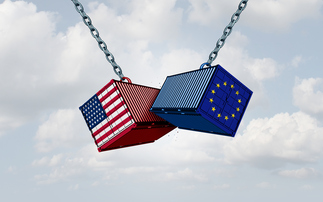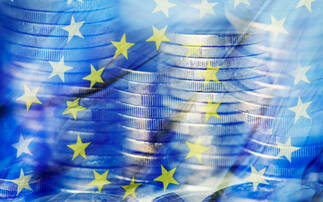Following the dramatic breakdown of the coalition under Chancellor Olaf Scholz on the day of US President Donald Trump’s election win, Germany is now facing snap elections on 23 February.
Since World War II, political stability has been hard-wired into the German political system. Snap elections are, therefore, quite unusual. The unexpectedly early election speaks volumes to the political paralysis in the face of economic stagnation the country has faced since Russia's invasion of Ukraine. The economic challenges facing the country are acute. Germany's economy has shrunk in the last two years and is not expected to grow by more than a couple of tenths in 2025. The recent economic weakness stands in sharp contrast to the 2% average annual real growth rate the count...
To continue reading this article...
Join Investment Week for free
- Unlimited access to real-time news, analysis and opinion from the investment industry, including the Sustainable Hub covering fund news from the ESG space
- Get ahead of regulatory and technological changes affecting fund management
- Important and breaking news stories selected by the editors delivered straight to your inbox each day
- Weekly members-only newsletter with exclusive opinion pieces from leading industry experts
- Be the first to hear about our extensive events schedule and awards programmes







